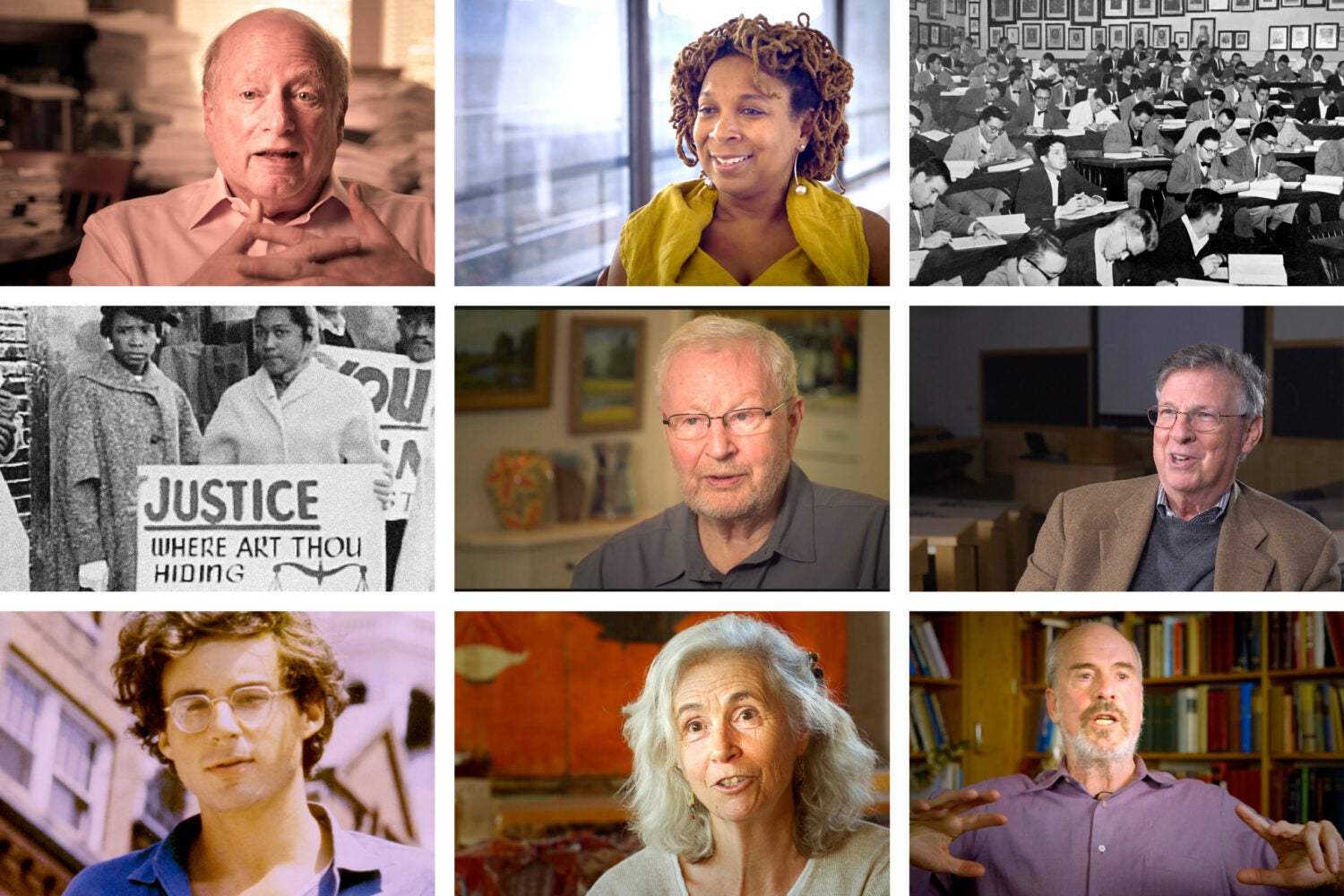By the time Harvard Law School Professor Jeannie Suk Gersen ’02 was a first-year law student at HLS, Critical Legal Studies had been pronounced dead. CLS, which emerged in the 1970s from the civil rights and anti-war movements, argued that the law is not neutral but rather inherently biased toward maintaining the status quo to the detriment of marginalized groups. Vilified by the political right, CLS was derided as a “misplaced monster of prehistoric radicalism” by President Ronald Reagan at a 1988 meeting of the Federalist Society, but legal liberals were no fans either. There was a yawning generational gap between the old guard and the young upstarts of CLS, who blamed liberals not only for the Vietnam War but also for fomenting an unnecessarily competitive model for the law school classroom. By the late ’80s, the legal establishment had “crushed us like bugs,” says Duncan Kennedy, HLS professor emeritus and one of the movement’s founders.
And yet “every corner you turned and every closet you opened at the law school, there it would be, in some sort of zombie or ghost-like form,” Gersen recalls. Most of her 1L professors, as well as later mentors such as Kennedy and HLS Professor Janet Halley, were adherents of Critical Legal Studies, and its influence was still significant. “They didn’t wear their Crit perspective on their sleeves in the classroom,” says Gersen, yet she was drawn to the theory they taught.
“Understanding what these fights were about affects and shapes the debates we are having today about the legitimacy of law.”
An expert in family, criminal, and arts law who has been teaching at HLS since 2006, Gersen was convinced the CLS story was an important one to share now. “Understanding what these fights were about affects and shapes the debates we are having today about the legitimacy of law,” she says, and she set out to make a film, something she’d never done before. She was interested not so much in examining CLS philosophy, about which numerous law review articles have been written, but in spotlighting the experiences of those who lived through the movement’s spectacular rise and fall.
